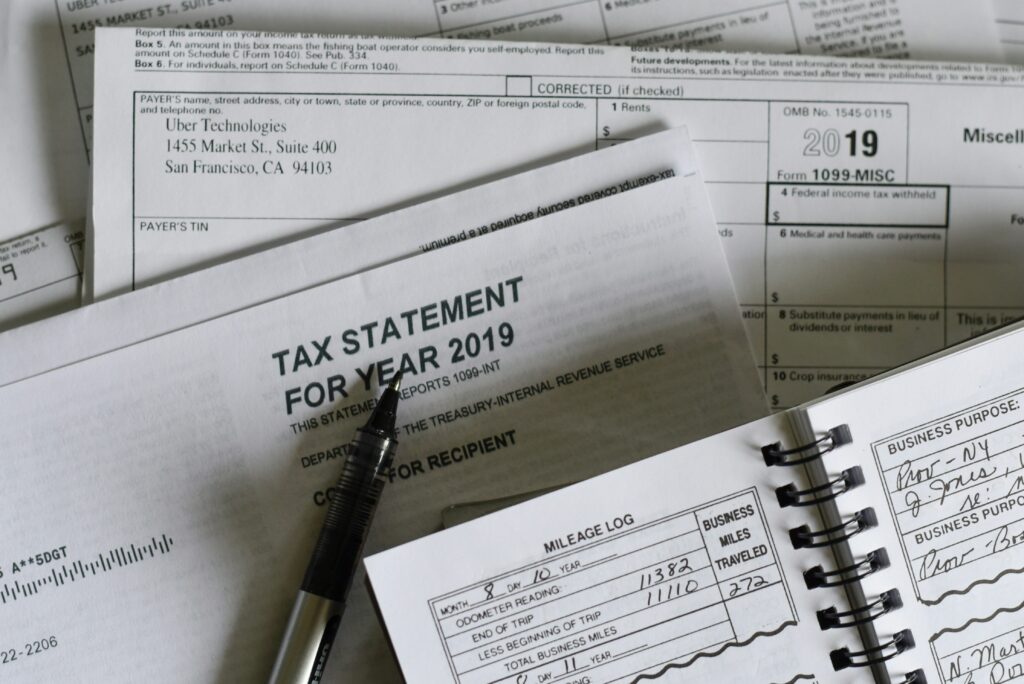Although relocating to a new country can be an exciting experience, there are many challenges and responsibilities associated. To make the shift and maintain their financial security, foreigners residing in South Korea must have a thorough understanding of the levy system. This comprehensive guide aims to provide expats with a detailed understanding of the subtleties of the South Korean tariff system, guiding them through the complexity and helping them make informed decisions.

Residency and tax obligations
Before delving into the specifics of the tariff system, it is essential to first establish your residency in South Korea. Based on their residency status, which is determined by several factors such as length of stay, employment position, and familial ties, expats are subject to levy requirements. Whether you are considered a resident or a non-resident will affect the types of taxes you must pay.
Types of taxes
South Korea operates a comprehensive tariff system that includes various types of taxes. Expats need to be familiar with the following key taxes:
Income Tax
Income tariff is due from both residents and non-residents of South Korea. While non-residents often only pay taxes on their local income, residents typically pay taxes on their entire international income
Corporate income tax
The corporate income levy laws and rates that apply to your firm must be understood if you are an expat operating a business in the country.
Value added tax (VAT)
South Korea imposes a VAT on most goods and services. Understanding how VAT works is crucial, especially if you plan to engage in commercial activities.
Property tax
Property tax may apply to expats who own or rent property in the country. It’s critical to understand the tariff laws and rates that apply to your circumstance.
Tax filing and deadlines
Foreigners living in South Korea must be aware of the levy filing requirements and deadlines to comply. The National Tax Service (NTS) is in charge of handling levy-related administration. Every year, by May 31st of the following year, expats must file their taxes. To ensure appropriate filing, it is advised to consult a professional, especially if your finances are complicated.
Tax treaties
To prevent double taxation and promote investment, South Korea has levied treaties with several nations. There may be tariff exemptions or lower rates available to expats from nations with which South Korea has tax treaties. It is essential to learn about and comprehend the levy treaty clauses that apply to your own country.
Deductions and exemptions
The South Korean tax system heavily relies on tariff exclusions and deductions since they let people and corporations pay less in taxes. These measures aim to lessen the burden on taxpayers, boost particular industries, and promote economic progress. The main levy breaks and exemptions in South Korea are listed below.
- Personal deductions
South Korea provides a range of personal deductions to minimize the tax burden on its citizens. Medical expenses, education expenses, mortgage installments, and retirement savings are just a few examples of deductions. A person’s taxable income can be significantly reduced by these deductions, which reduces their tariff liability.
- Business deductions
Companies working in South Korea have access to several levy advantages that promote investment and innovation. These include tax deductions for expenses related to the health of staff, employment, and training, levy advantages for expenditures, and costs linked with research and development. These credits stimulate the expansion of the labor force, boost company investment in R&D, and increase output.
- Industry-specific exemptions
South Korea provides industry-specific exemptions to boost critical industries and draw international investment. These exemptions are intended to promote expansion in industries like biotechnology, renewable energy, and technology. Tax perks include lower corporate levy rates, tariff holidays, and exemptions for income from particular activities are among them.
- Special tax zones
To encourage local investment and regional growth, South Korea has created special levy zones. These tax havens provide benefits like lowered corporation tariff rates, exemptions from transfer and property taxes, and streamlined customs procedures. The zones promote business establishment in specific regions, promoting economic development and job generation.
You may also find these articles helpful
Reasons to immigrate to South Korea
